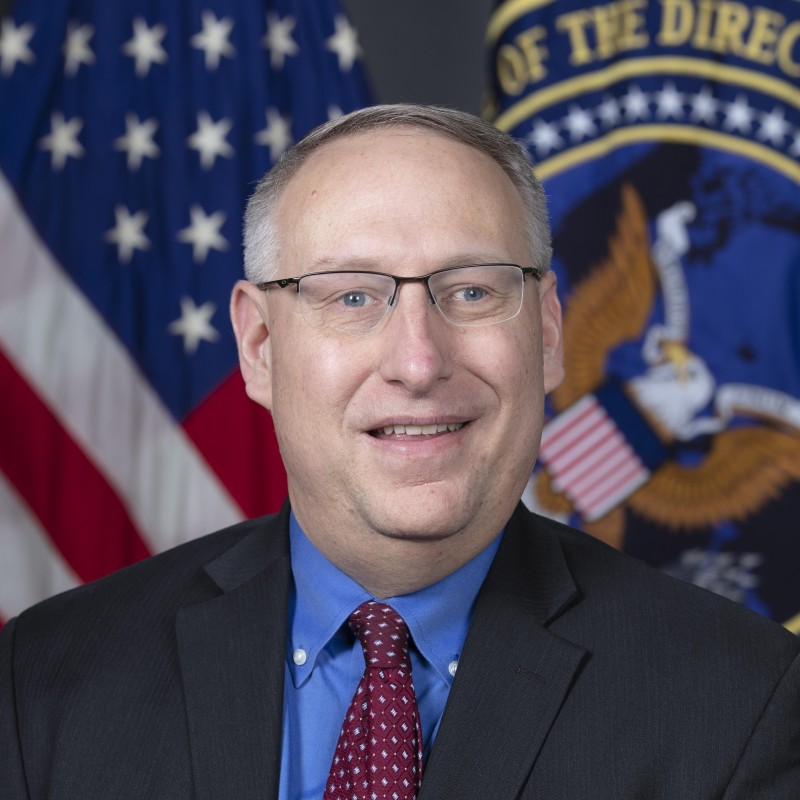
Arden Ryan
Contributing Writer
Games are crucial to human life, whether for education, recreation or competition.
But games are not always just for fun — they can serve a deeper purpose. As Joseph Cyrulik will explain in his lecture at 10:45 a.m. today in the Amphitheater, games can be key to maintaining national security.
Cyrulik serves as deputy director of the Strategic Futures Group, an office of the National Intelligence Council, where he oversees the use of war games and simulations to aid the intelligence community. Such games are utilized in the intelligence field both to train and develop new analysts and to help think through “gnarly national security challenges,” said Jordan Steves, interim Emily and Richard Smucker Chair for Education.
With his governmental perspective, Cyrulik will be able to “come at the topic of games from an unexpected angle,” Steves said, who was “entranced” by the idea of inviting an intelligence official to share their outlook on the more critical applications of play.
“Although there is weight and substance to the practice of playing games, they can come across as superfluous,” Steves said.
Chautauquans are soon to find out “there are real and serious applications for games in some of the most high-stakes situations you can imagine.”
In his fittingly titled lecture, “Serious Games for Solving Serious Problems,” Cyrulik will explain the history and practice of how the U.S. intelligence community gamifies its work to answer some of America’s most urgent public safety and foreign policy questions.
Many games involve talking through hypothetical situations in group conversations, giving analysts the opportunity to discover what could happen given a particular scenario, and what dynamics would be at play.
“We tend to focus on what we call ‘human-centric games,’ where it’s really the participants of the game driving the process forward,” Cyrulik said. “It’s a way of playing out a scenario we’re worried about and being able to say, OK, clearly that didn’t work. Is there another option that might be better?”
Games can be “extremely useful in trying to solve intelligence challenges,” Cyrulik said, and provide a venue for gathering information where data collection is scarce or when “the answer is inherently unknowable.”
An analyst can’t ask a spy satellite to divine the nature of the future economy, like it could do to locate a physical object in the world, Cyrulik said. Only by simulating theoretical national security and geopolitical situations, and talking through possible outcomes, might those future details come to light.
“CIA analysts who are going through our basic analytic training program participate in a number of simulations and war games, designed to simulate what they would be doing in their jobs,” Cyrulik said. Those analysts get practice dealing with high stakes, escalating situations without having to undergo them.
Such games can provide intelligence analysts with practical knowledge applicable to their field, while also providing valuable information to policymakers, government officials and military personnel. Without the practical aid of games, it becomes much harder to understand and visualize potentialities in international relations and global politics.
“Until you actually encounter the situation in real life, how do you think about tackling it?” Steves said. Games can grant that insight.




